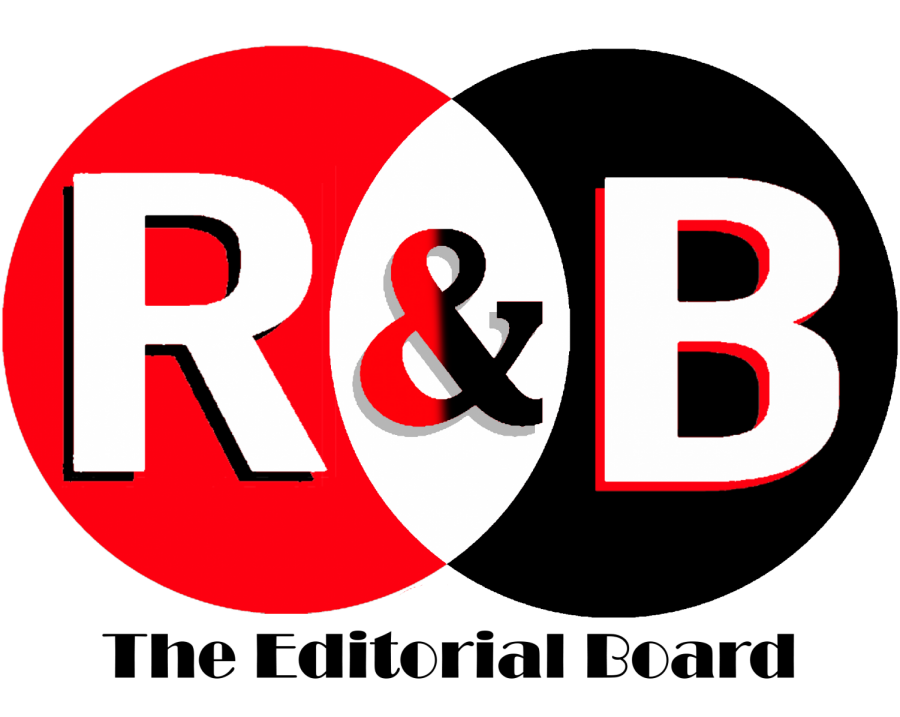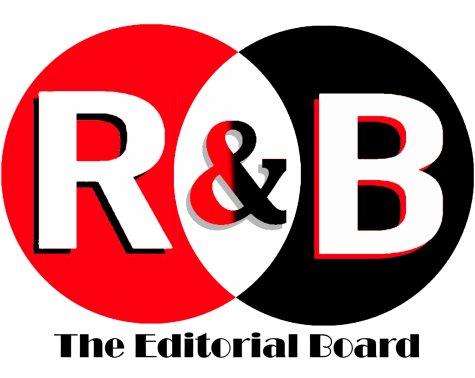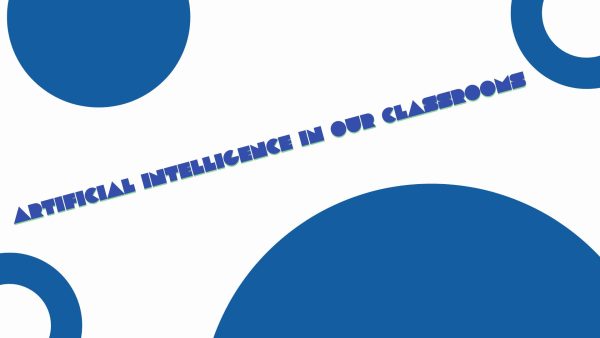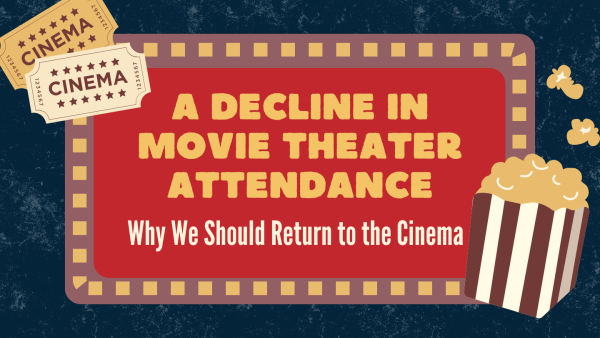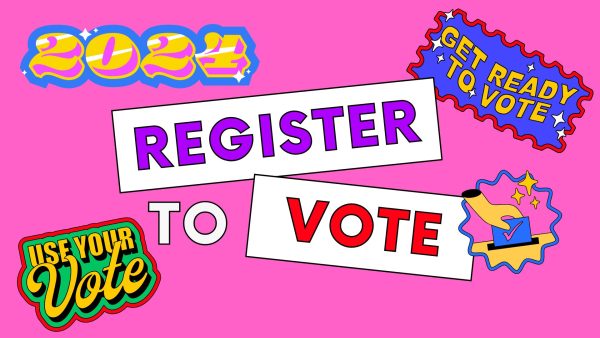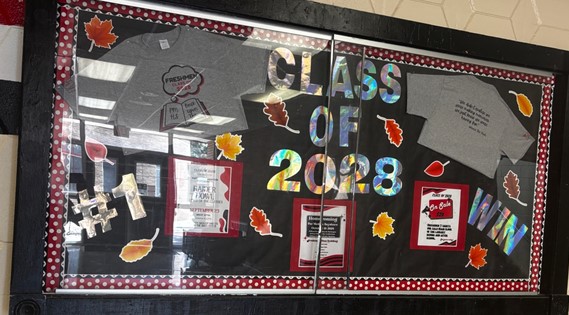Let’s Put Our Trash Cans to Work
Photo by Matt McCabe
And now a word from: Sarah, Anson, Justin, and Erin
It’s easy to blame large corporations or inanimate objects such as automobiles for the pollution crisis our world faces today. But if we allow ourselves to take a step back, true responsibility lies on the backs of individuals.
In many cases, purely the lack of awareness and even laziness is the cause for a lot of littering. When creating his theme parks, Walt Disney knew this was going to be a problem. He did a study to find out how he can keep his parks clean by simply sitting down on a bench and watching people walk to throw out their garbage. In case you never noticed, Disney parks have garbage cans every 30 feet. According to Walt Disney’s study, this is the distance that a patron is willing to walk to throw out their trash instead of littering. The fact that people are unwilling to walk more than a few dozen feet to discard their garbage displays a major fallacy in our culture with relation to keeping the Earth clean.
Littering is a bigger problem than throwing trash on the ground at a theme park. Due to the pollution in our waters, we are taking the lives away from the animals who live there. According to The Ocean Cleanup, all types of plastics can be harmful to the environment, especially wildlife. The Great Pacific Garbage Patch is the largest accumulation of plastic in the world. Animals passing through during migration or inhabiting this area are more than likely consuming this plastic. If that detail didn’t affect you enough, The Conversation describes how biomagnification of these plastics can be extremely harmful to higher level consumers, such as humans. This water can carry toxins that may cause cancer and development problems. Moreover, if this story still isn’t hitting close to home, the next horrible example involves your income. According to CBS New York, cleaning the excessive amounts of litter on our Long Island streets now costs $2.5 million of taxpayers money every year, which is well above what it has been in the past. The sad detail is, it costs $0 to throw your trash away in a garbage can.
When looking at the large amount of littering that goes on throughout the school, it is clear that a culture of laziness and indifference towards our environment has developed. Over time, as the state of our environment has undoubtedly gotten worse, people tend to have less concern for it, most likely because they have not been able to witness the long term effects of their actions. Future generations learn from past generations, creating difficulty in breaking the habit of littering. In fact, approximately 43% of Americans admit to littering. If so many Americans are doing it, where did people learn that littering is okay? The behavior exhibited by adults and peers is largely to blame for the litter in our schools. Once we see littering in our schools, we develop the sense that it is okay to bring the same habits out into the world. Students littering in their school also creates a common mindset that it is someone else’s job to clean up their mess, which is why students feel a lack of responsibility for their trash.
It may seem strange, but even the smallest inconveniences inhibit students from disposing of their garbage. The garbage cans we have now contain flaps that usually require one’s hand to come in contact with the flap. Many students are likely disgusted by this and would rather place their trash near the garbage than have to touch it. Another issue with those cans is the fact that they are prone to pushing the garbage back out; rather than picking it back up, students just leave their trash on the floor as if one try was good enough.
On Earth Day this year, the Ecology Club and AP Environmental students sold reusable aluminum water bottles that can still be seen around the school. Their selling pitch was “Protect the ocean one bottle at a time.” Their idea to eliminate plastic water bottle waste helped Patchogue Medford take a step in the right direction. Recently, Suffolk passed legislation to pay 5 cents per plastic bag in markets. Although it doesn’t seem like a lot of money, shoppers don’t want to pay extra for bags, which is forcing people to buy reusable bags and bring them into stores to bag their items. Think of all the plastic bags we are saving every day by doing this simple task.
Thankfully, every September, members of Key Club at Patchogue Medford High School volunteer to clean up any litter in the vicinity of Patchogue River neighborhood. Having attended the event for two years, it was shocking to see just how much trash was thrown into the patches of woodland, floating around throughout the water and the bay, and cluttering the sides of the streets. Last year, more than a dozen large garbage bags of glass, plastics, metals, paper, cardboard amongst others were collected just at this location. However, the fact that the community actively hosts events like these, calling in services such as the Park Rangers, shows a big step towards targeting this pertinent issue. If we continue this unwavering resolve to find solutions to littering, each and every one of us can work together to hopefully keep the environment safe and clean as it should be.

Grade 12
"Life isn't about getting and having, it's about giving and being." -Kevin Kruse

Grade 9
“My mission in life is not merely to survive, but to thrive; and to do so with some passion, some compassion, some humor, and some style”
~Maya...

Gr. 12
“We’re all stories, in the end. Just make it a good one, eh?”

